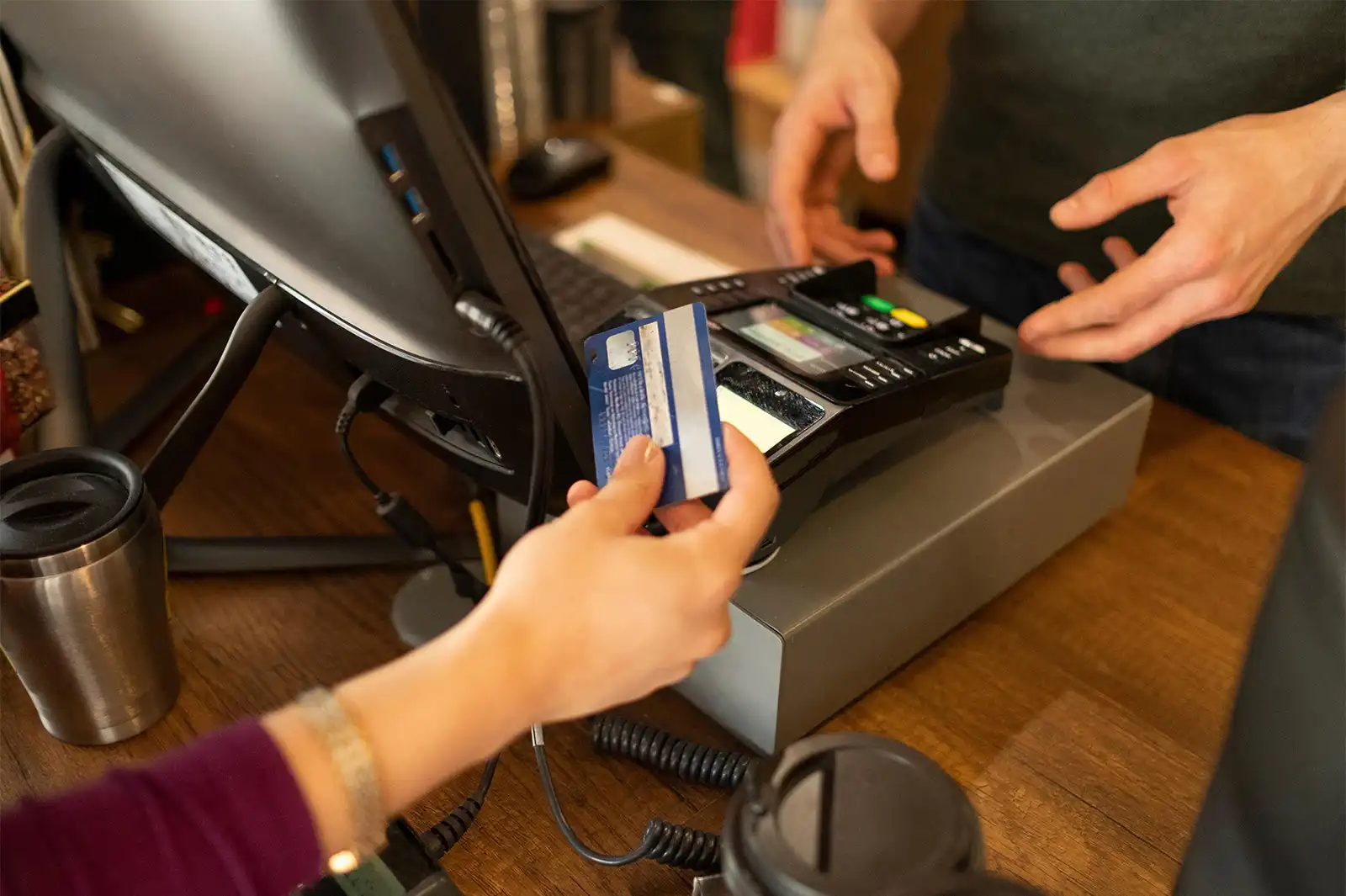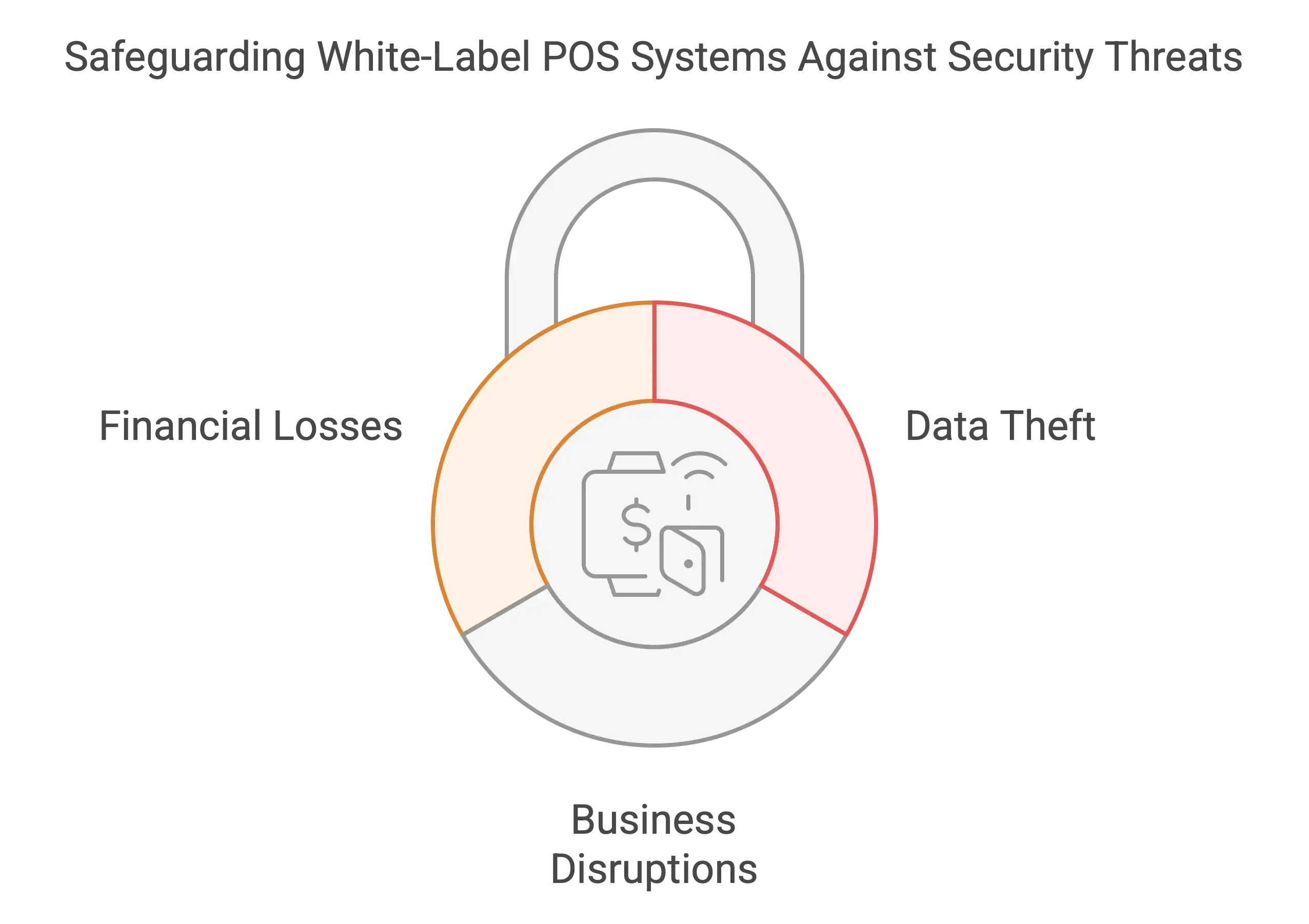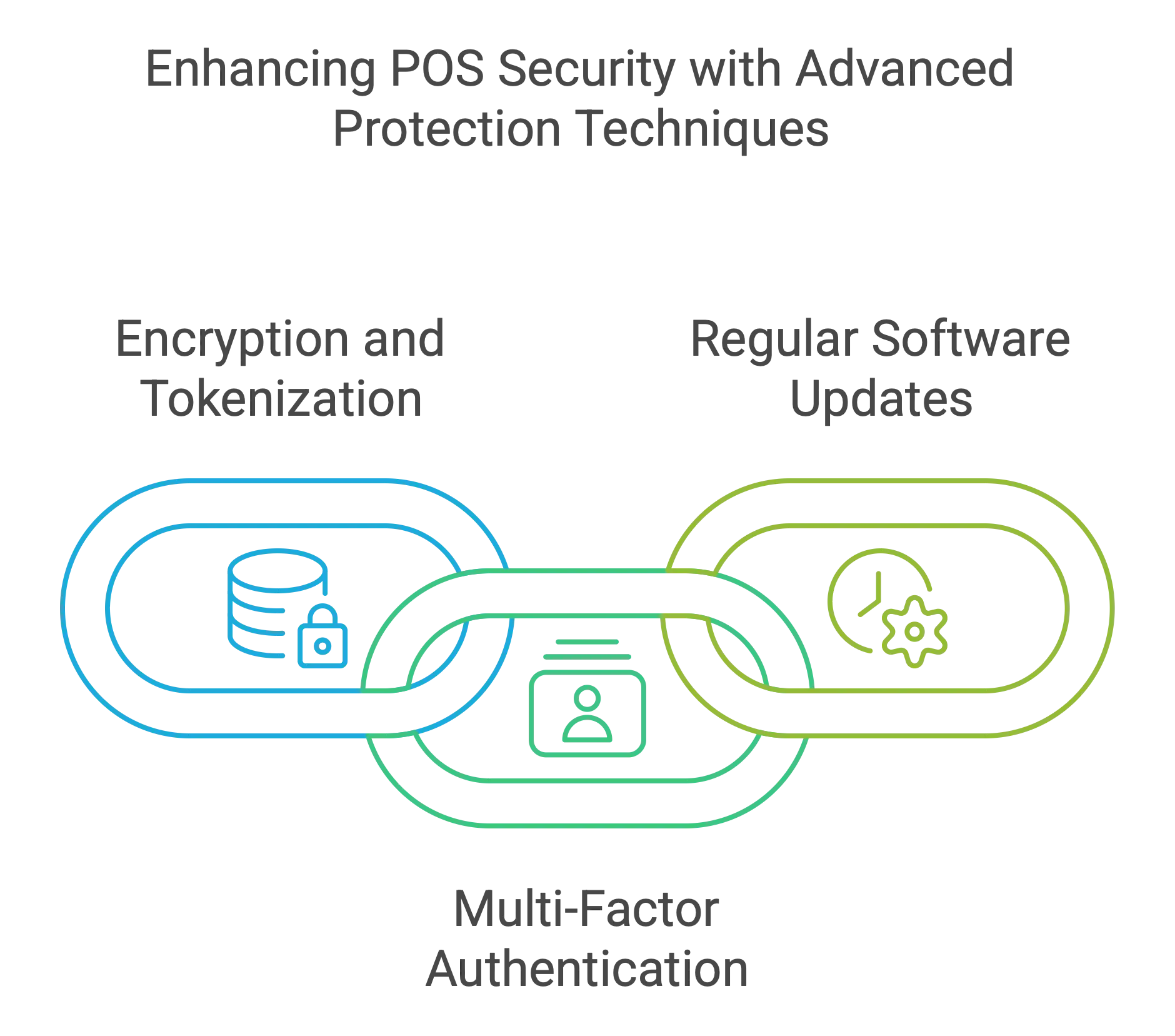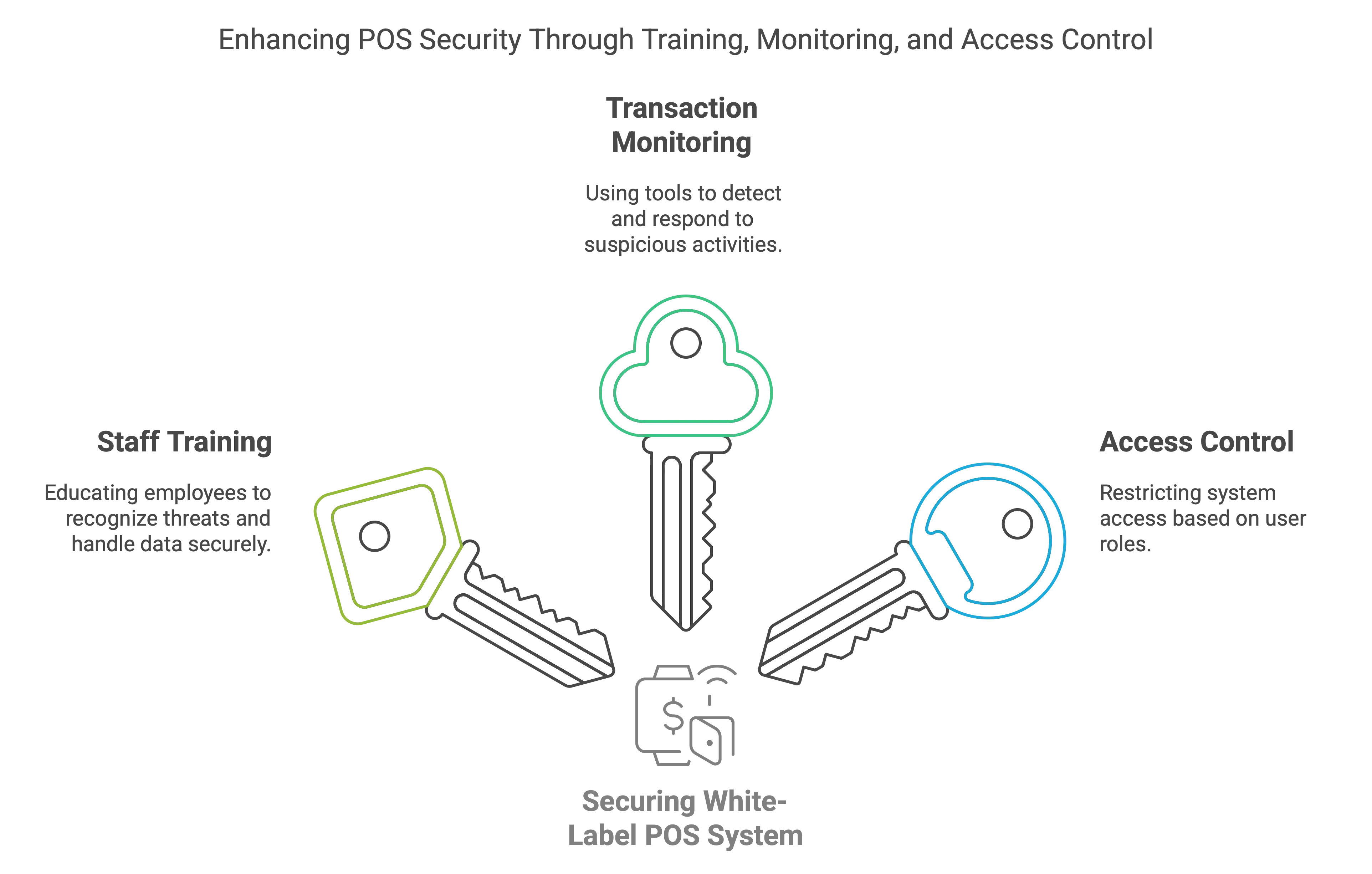Securing Your White-Label POS System: Top Tips and Best Practices
The rise of white-label POS systems has revolutionized transaction management for businesses. However, the increasing reliance on digital tools has also brought the need for robust security measures. A secure POS system not only protects customer data but also ensures smooth business operations. In this guide, we'll explore essential tips and best practices for safeguarding your white-label POS system.

Why Security Matters for White-Label POS Systems
POS systems process sensitive customer information, including payment data and personal details. Any security breach can lead to :
- Data Theft : Loss of customer trust and potential legal repercussions.
- Business Disruptions : Downtime caused by cyberattacks.
- Financial Losses : Costs associated with fraud and system recovery.
Pro Tip : Prioritize security from the initial setup of your POS system to avoid vulnerabilities.

Top Security Features for White-Label POS Systemss
1.Encryption and Tokenization
- Encryption : Ensures data is converted into unreadable code during transmission.
- Tokenization: Replaces sensitive data with tokens, reducing exposure to fraud.
2.Multi-Factor Authentication
Implement MFA to add an extra layer of protection. Users must verify their identity through multiple methods, such as a password and a one-time code.
3.Regular Software Updates
Keep your POS system up to date to address vulnerabilities and improve performance.
Pro Tip : Schedule automatic updates to avoid manual errors.

Best Practices to Secure Your White-Label POS System
Train Your Staff
Educate employees on :
- Recognizing phishing attempts.
- Secure handling of customer data.
- Proper use of the POS system.
Monitor Transactions
Use real-time monitoring tools to :
- Detect suspicious activities.
- Identify unauthorized access attempts.
Limit System Access
Assign user roles to control who can access specific features. For example :
- Cashiers: Limited to processing transactions.
- Managers: Full access for reporting and settings.

Compliance with Industry Standards
PCI DSS Compliance
Ensure your POS system adheres to Payment Card Industry Data Security Standards. This includes :
- Secure storage of cardholder data.
- Regular vulnerability scans.
- Strong access control measures.
GDPR and CCPA
If operating in regions like the EU or California, ensure compliance with data privacy laws like GDPR and CCPA. This involves :
- Transparent data usage policies.
- Allowing customers to manage their data rights.
Case Study: Secure POS Implementation
A retail business partnered with My Cloud POS to implement a secure white-label POS system. By integrating tokenization and real-time monitoring, they reduced fraudulent transactions by 25% within six months.
Pro Tip : Choose a provider with a proven track record of secure solutions.

Prioritize Security for Peace of Mind
A secure white-label POS system is vital for protecting customer trust and ensuring seamless operations. By incorporating robust security features, adhering to industry standards, and following best practices, you can safeguard your business from potential threats.
Ready to secure your POS system? Contact My Cloud POS today to learn how our solutions prioritize security and performance.
Get Started Today
We look forward to seeing you succeed!

